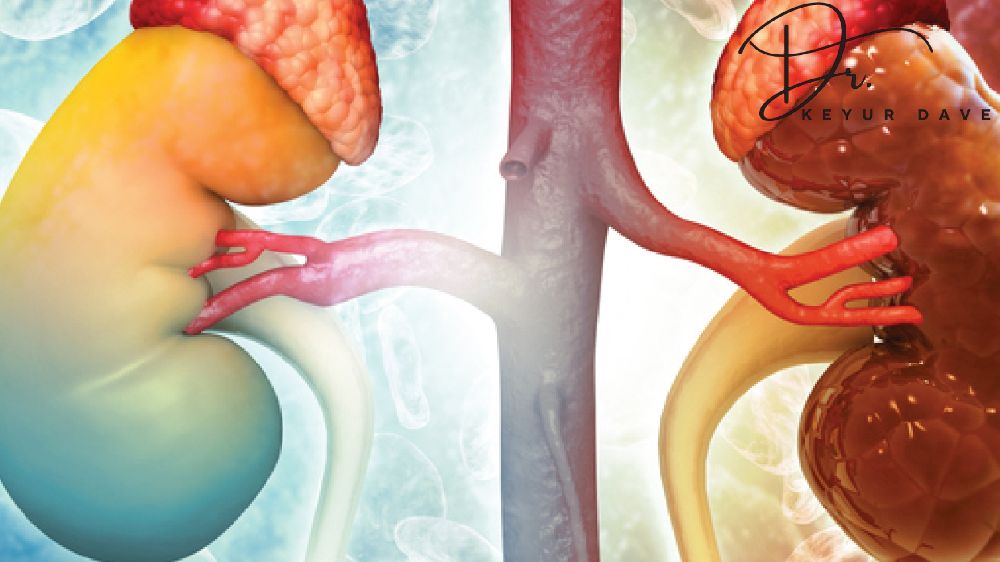
Your kidneys do much more than just remove waste from the body. These small, bean-shaped organs help manage fluid levels, control blood pressure, and regulate red blood cell production. Unfortunately, kidney issues can develop quietly, showing no obvious symptoms until the damage is advanced. That’s why it’s critical to recognize the early red flags of kidney dysfunction.
Blog
.jpg)
Chronic kidney disease (CKD) is a growing public health concern, yet many individuals—especially those in underserved communities—remain unaware they are at risk. Social and economic inequalities often lead to limited health education, poor access to medical services, and higher rates of kidney-related complications.
-Copy-1.jpg) The kidneys are essential for filtering waste and balancing fluids in the body. When something goes wrong with the glomeruli—the tiny filtering units—it can lead to serious conditions. Two of the most common glomerular disorders are nephrotic syndrome and nephritic syndrome. Though they may sound similar, they are very different in how they present, progress, and are treated.
The kidneys are essential for filtering waste and balancing fluids in the body. When something goes wrong with the glomeruli—the tiny filtering units—it can lead to serious conditions. Two of the most common glomerular disorders are nephrotic syndrome and nephritic syndrome. Though they may sound similar, they are very different in how they present, progress, and are treated.

Urinary tract infections (UTIs) are among the most frequent infections seen in both adults and children, especially women. While they usually start in the bladder or urethra, they can sometimes climb higher into the urinary system and affect the kidneys. When this happens, the condition becomes more severe and requires urgent attention.
 (1).jpg)
Polycystic Kidney Disease, or PKD, is an inherited disorder that causes numerous fluid-filled cysts to form in the kidneys. Over time, these cysts can disrupt kidney function and lead to serious complications. Early detection and careful management are key to improving outcomes and maintaining kidney health.
 Nephrology—the medical field dedicated to kidney health—has entered an exciting new era of innovation. With kidney disease affecting millions worldwide, the urgency to enhance detection and treatment methods has never been greater. Fortunately, ongoing research and technological advancements are reshaping how we approach kidney care.
Nephrology—the medical field dedicated to kidney health—has entered an exciting new era of innovation. With kidney disease affecting millions worldwide, the urgency to enhance detection and treatment methods has never been greater. Fortunately, ongoing research and technological advancements are reshaping how we approach kidney care.
.jpg) Introduction
Introduction
Facing dialysis for the first time can feel overwhelming—but it doesn’t have to be. Knowing how the process works can help ease uncertainty and make the transition more manageable. This article offers a straightforward guide to dialysis treatment: the options available, what actually happens during a session, and how to cope physically and emotionally.
We are excited to announce that

.png)

.jpg)

